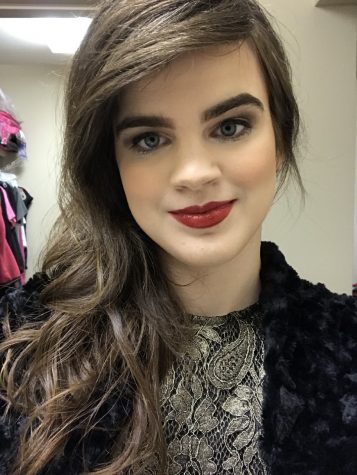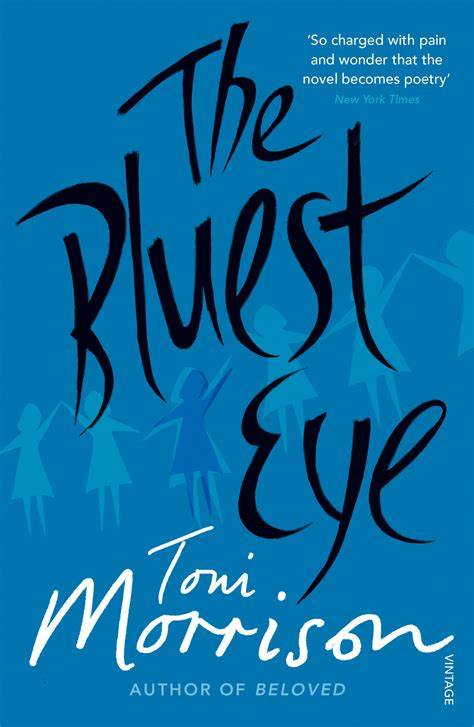To Read or Not to Read: The Case Against Censorship
“Banned books lists” are lists of books forbidden from being taught and are incredibly controversial in United States high schools. Proponents of such lists are typically school districts, governments or even concerned parents, and their support is mostly a result of their personal beliefs.
Why Are They Banned?
Sexuality, race and addiction are often issues of concern for proponents of banning books. The fact that these topics concern people is the very reason why banned books lists are harmful.
Parents Against Bad Books in Schools (PABBIS) is an organization dedicated to providing a list of controversial books to parents. They state, “You might be shocked at the sensitive, controversial and inappropriate material that can be found in K-12 schools. . . Parents should be aware of what their children can or must read in school to decide whether it is appropriate for them or not” (PABBIS official website).
For an example of what may count as “inappropriate,” “The Perks of Being a Wallflower” by Stephen Chbosky appeared seven times on the ALA (American Library Association) Topped Challenged List between the years 2004 and 2018. It is controversial due its inclusion of drugs, alcohol, homosexuality and sexually explicit scenes in general (Bookriot.com).
Those challenging this book feel that its material is inappropriate for children. The Library Patrons of Texas challenged it in 2004 “along with 15 other young adult books with gay positive themes” (BannedLibrary.com).
Is Human Sexuality Enough to Ban a Book?
The implication is that same-sex relations, however chaste, are viewed as too sexually explicit for young adults, despite the fact that most people start dating around twelve or thirteen years old (Healthline Parenthood). When surveyed, ironically, the average American felt that kids are ready for their first kiss at about age fifteen and “the sex talk” at about age twelve (PR Newswire).
There is no real evidence that schools should avoiding exposing students to romantic relationships in literature. Teens are dating with or without Chbosky’s influence, and Americans generally approve of that.
Why, then, is there so much outrage over books such as “The Perks of Being a Wallflower?” There appears to be a double standard at play.
Regarding the aforementioned banning of “gay positive” books, one cannot ignore the homophobic implications evident. “Romeo and Juliet,” a classic depiction of a tragic heterosexual relationship, is the most commonly-taught book in public high schools across the United States (List Challenges).
This play includes mentions of sex, violence and suicide, so one would think that schools would want to censor it. It remains, however, lauded as a classic.
“The Perks of Being a Wallflower” contains brief mentions of sexual violence. However, the Library Patrons of Texas didn’t cite this as a reason behind their challenge. They specifically targeted sixteen books that depict homosexuality in a positive light. For these patrons, they wanted any reference to homosexuality removed from school curricula.
It is worth repeating: There is a double standard at work.
Trauma Is a Touchy Subject
The criticism of Chbosky’s allusions to sexual violence in the novel is more understandable. The critics raise the concern that these references will trigger trauma in young readers (National Coalition Against Censorship).
In response to this criticism, Chbosky says, “The entire book is a blueprint for survival. It’s for people who have been through terrible things and need hope and support. The idea of taking two pages out of context and creating an atmosphere as perverse is offensive to me – deeply offensive.” (NBC Connecticut).
The idea of banning books that reference traumatic events is problematic and, in some circumstances, even harmful. For instance, censoring trauma narratives serves to censor powerful reminders that trauma even occurs.
The Patriot Ledger lists three novels that, through their engagement with childhood trauma, can help parents come to a greater understanding of the subject. Thus, parents of traumatized children can better understand their child’s experiences.
A Broad Perspective in Books Is Essential
Understanding the experience of others is an essential benefit of books that may be considered “inappropriate.” As of 2019, the most commonly banned and challenged book in United States high schools is Sherman Alexie’s “The Absolutely True Diary of a Part-Time Indian” (PBS.org).
Alexie tells the story of Arnold Spirit Jr., who moves from a Native American Reservation to an all-white school. The book subsequently addresses “themes of racial identity, coming of age, bullying, violence, poverty and more.” It has drawn criticism over its use of profanity and sexually-charged scenes. (BannedBooksWeek.org).
Native American struggles exist, and they are too often ignored (Sunrise Nutrition). To ban this novel is to perpetuate a pattern of silencing Native American voices.
This is a struggle that many people of color face. Toni Morrison’s “The Bluest Eye” is a novel about a young Black girl’s life after the Great Depression, and it, too, is often challenged for being inappropriate (Pen.org).
According to Stanford Daily, American schools have banned “The Bluest Eye” for “offensive language,” while books with similar language have remained part of the curricula.
Quoted in the same article, lecturer Harriet Jernigan of Stanford states, “Anytime Black people move up in any way and challenge their oppression, we have this backlash. It’s like this call-and-response.”
Instead of Censorship, Trust Your Students
American high schools appear to be weaponizing censorship against any ideas with which they take issue. That includes addiction, sexuality and race.
Cases such as that of “The Bluest Eye” reveal startling attempts to maintain only a simple narrative wherein there exists no “bad guy.” There are merely good people and then “not-bad” people.
While concerns over exposing young readers to triggering subjects are valid, there is a simple solution. In cases where a particular novel deals with sensitive, potentially traumatic issues, schools could easily provide a trigger warning. Schools need to trust that their students know what they can handle.
In the words of DSU’s own Anthony Brown, “Let kids read what they want.”
If schools still want the perspective of an adult, they can send permission slips home for the parent to fill out. Some schools have already put this in practice for subjects like sex-ed.
Through these methods, U.S. high schools can hopefully move past the urge to completely ban authors, which quickly becomes a slippery slope. More voices can tell their stories of sexuality, race and trauma; thus, people will find it harder to silence their stories.

Kelly Foster has lived in Flowood, Miss., ever since her family moved there from Brandon, Miss., when she was 15 years old. She enjoys going to restaurants,...



